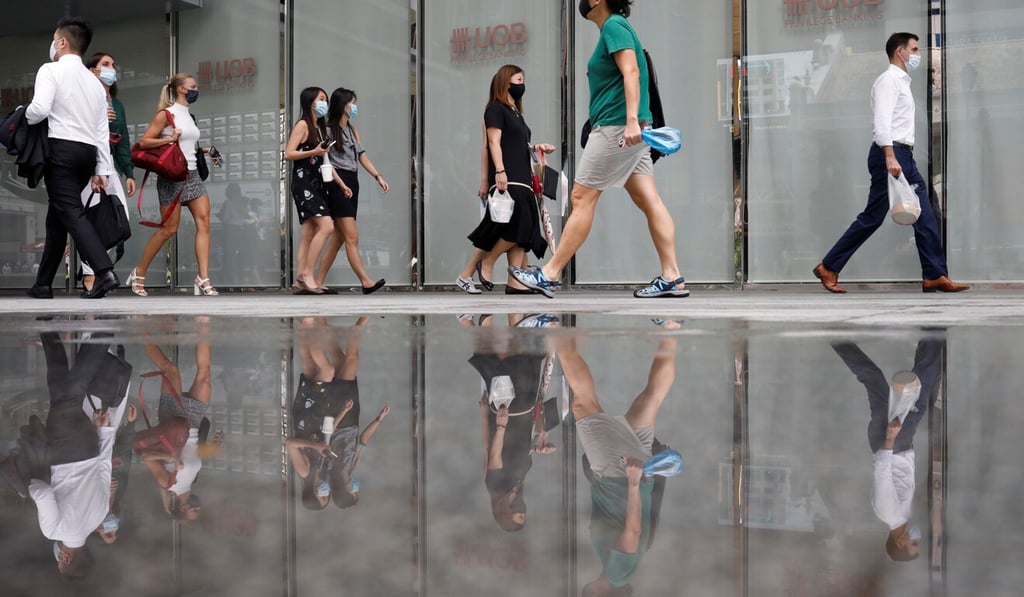Opinion | Does the take-up of Singapore’s TraceTogether really show increased trust in the government?
- Using the app or token was about entering into the government’s proffered bargain, as its messaging was that restrictions would be lifted only after its 70 per cent target was hit
- More data is required to assess TraceTogether’s effectiveness, and before it can be held up as a model to be used elsewhere, writes Hallam Stevens

This success can be attributed to several factors: a well-coordinated government response; effective quarantining of imported cases; enforced rules for social distancing and mask-wearing; and a state-of-the-art medical system. The Singapore government also touts its contact-tracing scheme – its ability to rapidly track down close contacts of known cases – as the centrepiece of its viral-control strategy. There is no doubt that contact tracing has played an important role, especially in the early days of the pandemic as the virus spread within the community.

However, there are good reasons to think that the long queues for the TraceTogether token may not in fact indicate an increased trust in Singapore’s government or its methods. The primary messaging around the token has indicated that the government would not lift bans on social gatherings and other restrictions until its 70 per cent target was reached. As a headline in The Straits Times proclaimed earlier this month, the easing of restrictions was unlikely “unless more use TraceTogether”. Picking up the token, or using the app, was not about trusting the government, but about entering into their proffered bargain.
The government has also made it clear that, ultimately, use of TraceTogether will be all but compulsory. Although it appears to be stopping short of making the technology mandatory, it has announced that as the distribution of the tokens nears completion, some form of TraceTogether, either app or token, will be necessary to enter shopping centres, cinemas, supermarkets, shops, and other public places.
